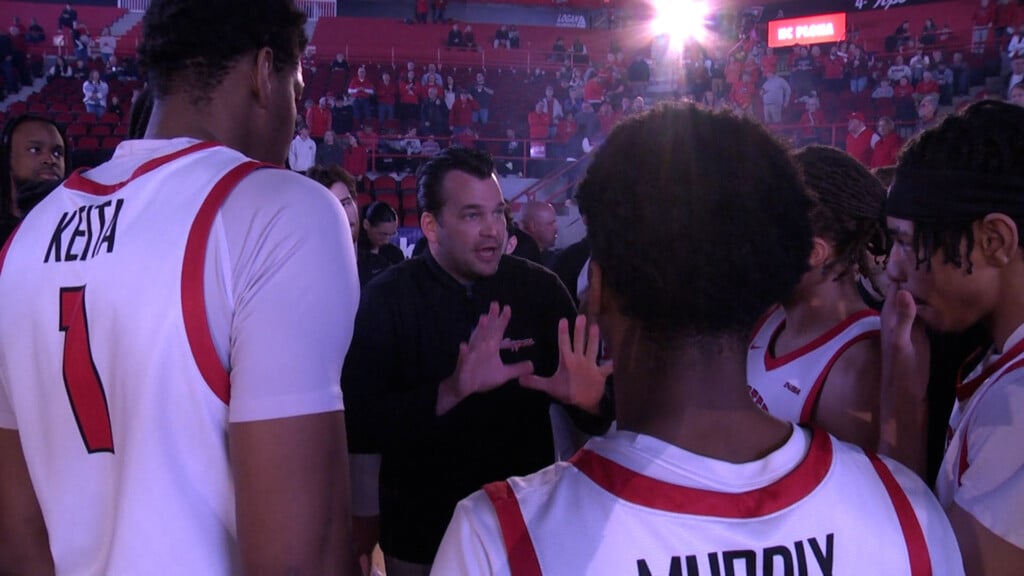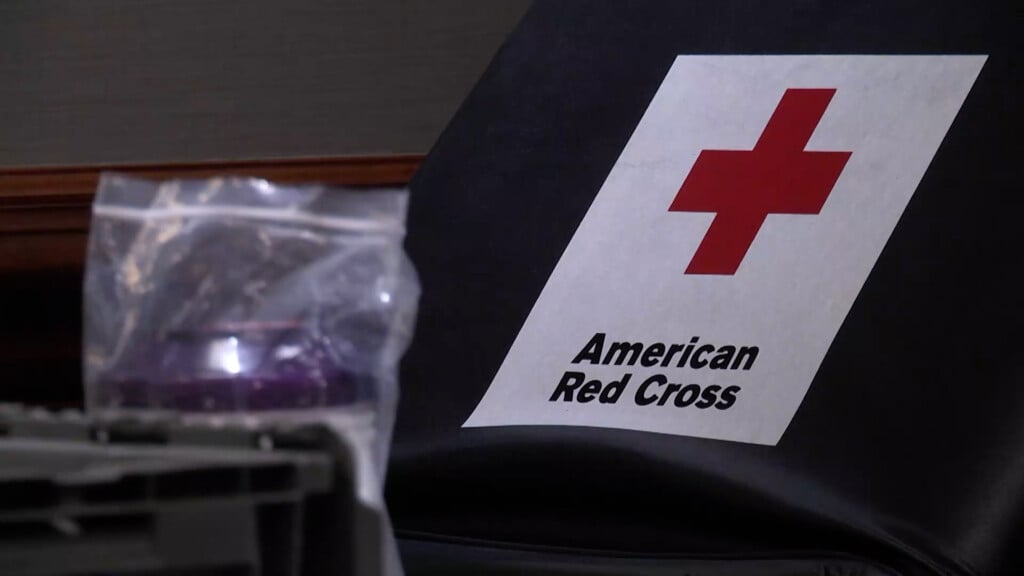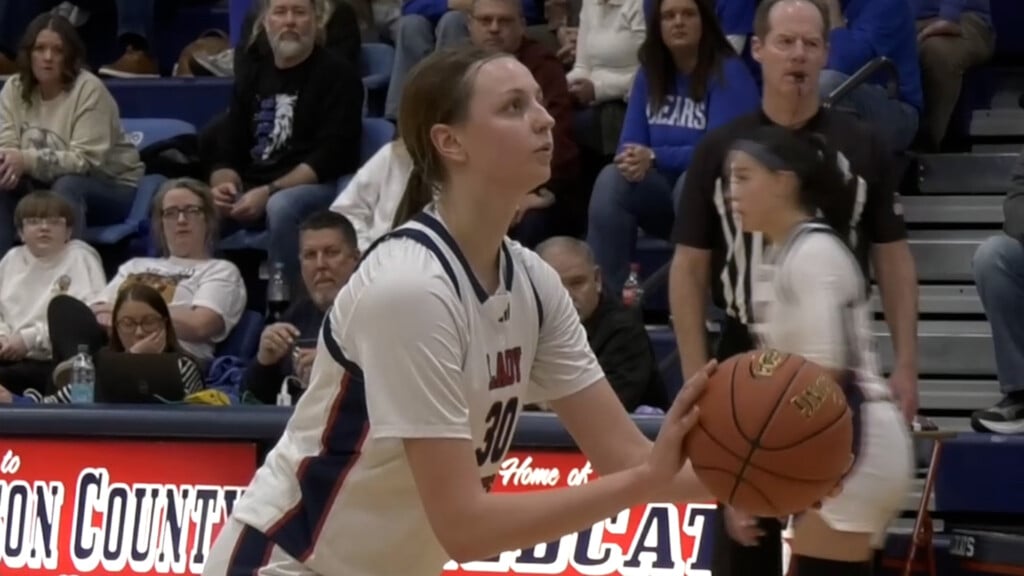WKU Public Media faces potential silence after federal cuts
BOWLING GREEN, Ky. – WKU Public Media is facing a financial crisis after Congress passed the Rescission Act of 2025, cutting more than $1.1 billion from the Corporation for Public Broadcasting. The loss means over $1.2 million will be stripped from WKU’s operation, threatening everything from student jobs to local TV and radio signals.
“Losing a third of our funding just completely obliterates the business model we’ve had for 45 years,” said Jordan Basham, interim executive director of WKU Public Media. “Certainly our television operation is at risk. Almost $900,000 of the annual appropriation from CPB was set up to fund our television operation, and we don’t feel that the federal funds are replaceable.”
Basham said the station’s entire structure is now in jeopardy, including a wide range of local and regional services that are powered by students.
“Losing our student crew would essentially eliminate our ability to produce any content,” Basham said. “They’re essential to our television productions, our newsroom, our newsgathering. They’re working right now in our operations area, keeping us on the air.”
The impact is already being felt by students like Matti Tanaro-Davis, a film major who works as a promotions coordinator and crew member at WKU PBS.
“I was just filled with genuine disappointment,” Davis said. “It’s one of those things where it’s like, what can I do? And you feel a little helpless. You feel a little hopeless.”
Davis said the hands-on experience she’s gained through WKU Public Media far outweighs what she’s learned in class.
“I learn more from this job than I do in any of my classes,” she said. “And I think I would, as well as other students, would be missing out on so much regarding how to work in a production office, how to work on a set, how to work with equipment, and also how to work with other people.”
“A majority of my skills do come from working on this job,” she added. “I feel more confident knowing that I know what I’m doing, and if I don’t know something, that I can learn and that the learning doesn’t have to stop.”
Sebastian VanderStroom, a production assistant and fellow film student, echoed those concerns.
“If my position got cut, I think it would affect me pretty badly,” VanderStroom said. “I am learning a lot of skills here that I can’t really learn anywhere else.”
“They give us a lot of responsibilities that we wouldn’t be trusted with in other places,” he said. “The idea is that they will take us and they will train us and they will make sure that we come out of here with many more skills than other people in other schools would come out getting.”
To try and offset the funding loss, WKU Public Media has launched a new campaign to raise emergency support.
“We’re launching what we’re calling a community matching fund,” Basham said. “We’re setting a $500,000 goal for the calendar year to help us replace what essentially is a little bit over $1.2 million.”
“We’re trying to bridge the gap, not fill that hole,” he added.
But the reality remains grim. Basham says the station may be forced to cut programs, eliminate staff, and even shut down certain broadcast signals in the coming year.
“We have the possibility of eliminating positions, changing programming, and changing coverage area,” Basham said. “For us, that means the potential of turning off signals, television, radio, or some combination of both.”
For students and staff alike, the loss is more than financial, it’s deeply personal.
“It would genuinely break my heart,” Davis said. “Not just for myself and what I’d be missing out on, but also for my coworkers, and also people who watch PBS, people who’ve taken public media. Losing that source of education, free education, is heart-wrenching.”
Still, Basham says WKU Public Media isn’t giving up.
“We’re defunded, but not done,” he said. “We have a lot of work still ahead of us, and we’re committed to that here.”
Community members can support WKU Public Media by donating online at wkupbs.org or wku.fm. Contributions to the matching fund campaign will help sustain programming and student opportunities. Viewers and listeners are also encouraged to share public media stories on social media to raise awareness.




